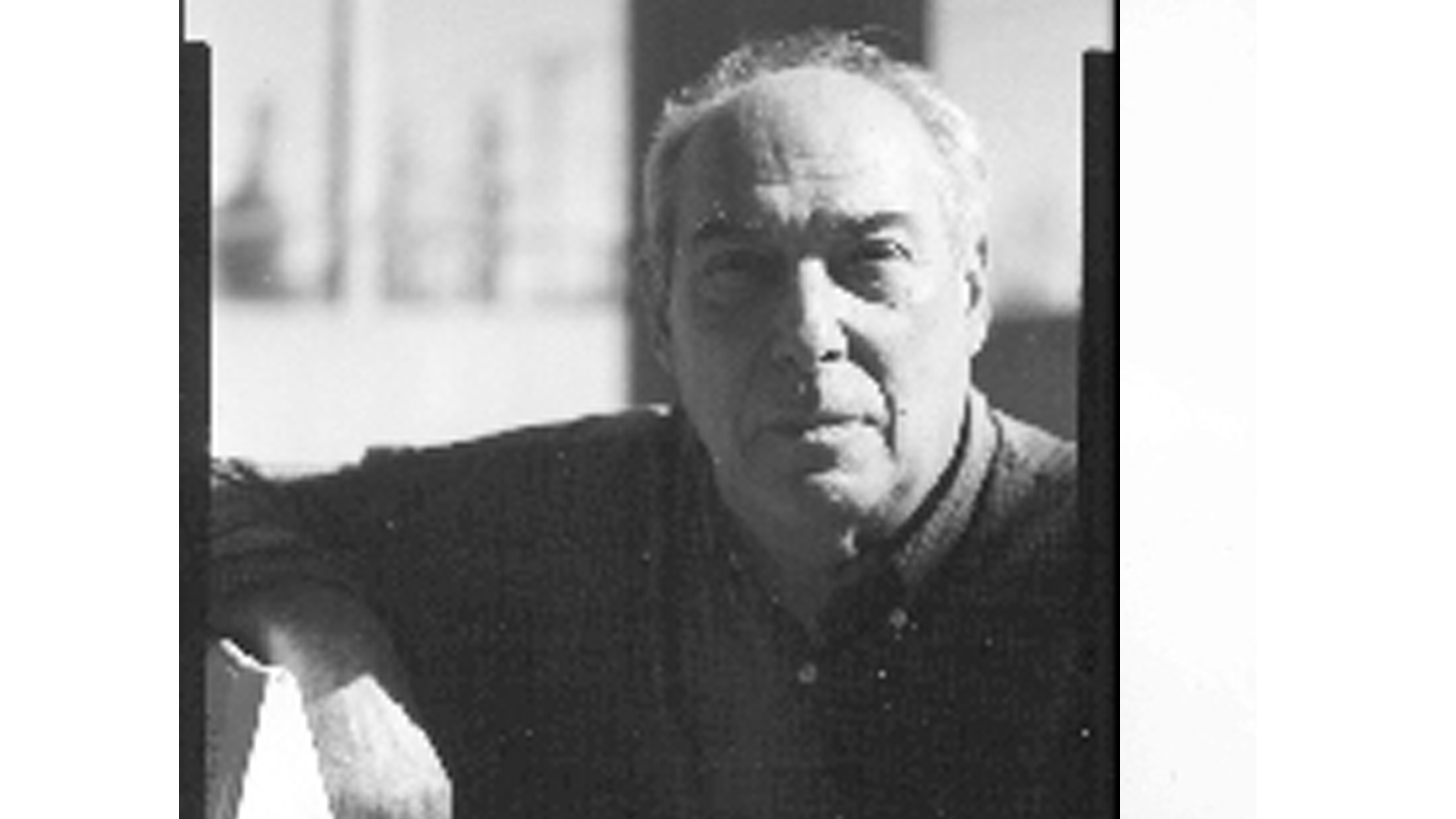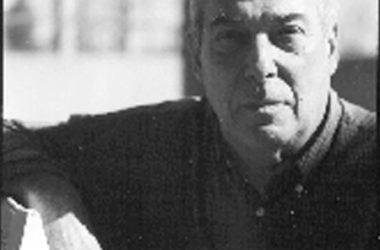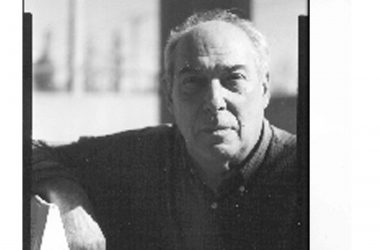Dear Colleagues,
The classics of the Western literary tradition are the foundation of culture. In arriving at this belief I take my lead from the West Indian historian, philosopher and cultural critic, C.L.R. James, who, when asked to deliver a series of lectures at the Adult Education Center in Port of Spain, Trinidad in 1960 on the eve of independence, began with the Greek poets and dramatists, talked about Breughel, the Book of Revelation, Shakespeare, Rousseau and Marx, and carried his story up to Picasso and Charlie Chaplin—the works he considered most essential for the people of a new country about to take its place in the modern world.
The Literary Traditions course is (along with the history requirement) the keystone of a liberal education at MassArt. The proposal to add a second semester has focused attention on it. Here are some of my thoughts.
I recently observed a Lit Trad class. The subject for the day was The Iliad. The instructor was knowledgeable, sensitive, humorous, open, and dedicated to the material. I regarded it as a privilege to be there, and wished I had taken more such classes. Yet, in looking around the room, it was evident that no more than half of the students present were engaged in the discussion. And this brought me back to my own experience with the study of literature.
I attended Central High School in Philadelphia, the counterpart of Boston Latin, and graduated near the top of my class. I recall being assigned The Iliad in a ninth-grade English class. I did not read it. Nor did I read Beowulf, or Canterbury Tales, or the Greek tragedians, or many of the other works on the syllabus. I would look at each of them as it was assigned, and if it did not grab my attention in the first couple of pages, I would lay it aside, put off reading it until it was too late, and then fake the homework. My refusal was not restricted to ancient texts: I remember being turned off by the long sentences in Intruder in the Dust, and as a consequence did not read Faulkner for thirty years. One book I never finished was Return of the Native, although I remember Hardy’s description of the heroine’s lips “formed less to speak than to quiver, less to quiver than to kiss”—which may provide a clue as to where my mind was when it was supposed to be on English literature. (For some reason, I did read the Shakespeare plays, one each semester, and I read Blake, Shelley, Keats and Wordsworth.) I do not know why I acted in the manner I have described. It is not that I did not read, or that I read only second-rate works: I remember liking Balzac, and Red and Black, and Pride and Prejudice, and Dead Souls. I read Dickens’s Hard Times (“sentimental socialism”), but nothing could compel me to read David Copperfield or anything else I did not want to. (I later read Martin Chuzzlewit (“Chuzzlebore”) for its value as a depiction of life in antebellum America, when I needed it for my dissertation.)
My experience suggests that trying to force students to read something they do not want to read, even if we think it is good for them, may produce a result opposite of what we intend. I am reminded of Bernard Shaw’s refusal to allow his plays to be included in school anthologies, on the grounds that he did not want generations of British children growing up hating him the way they hated Shakespeare.
To repeat, I agree that the works offered as part of Lit Trad, and those projected for a second semester, are, more or less, the foundation of culture. But it does not follow that they must be studied first. In many cases I worked my way back to these classics. It was my interest in the problem of race that led me to Faulkner, and it was Faulkner (along with Shaw, to whom I was drawn for different reasons) who led me to the Bible. It was the film O Brother, Where Art Thou? (no doubt together with other things) that got me to read The Odyssey (and then sent me forward to read Ulysses). The Odyssey led me at long last to read The Iliad, only fifty years after it was assigned in my freshman year in high school. To this day, the list of the great works I have not read is embarrassingly long: Canterbury Tales (recently undertaken), Paradise Lost (described by a Shaw character as “a long poem which neither I nor anybody else has ever succeeded in wading through”), the rest of Jane Austen, Middlemarch (in progress), etc., etc. But I am young yet, and hold fast to my father’s comment, made when I was a teenager, that he envied me the opportunity to read War and Peace for the first time. (I do have a pretty fair familiarity with American literature of the 19th and 20th centuries, thanks to the reading I did for my generals in American Civilization, which I undertook when I decided I was ready, and not before.)
I hope you will forgive my autobiographical musing. Its only justification is that it may help others think about the best way to reach our students, many of whom are at least as resistant to the classics of world literature as I was, and as stubborn. What if we were to consider for a second semester of Lit Trad a reading list of modern works that reflected back on the classical tradition? It could include works by black American writers and authors from outside of Europe who are absent from the first semester of Lit Trad for the reason that for the most part before the 20th century they did not produce work of suitable quality that fit in with the western tradition. Some examples come to mind: Things Fall Apart, In the Castle of My Skin (George Lamming), Masters of the Dew (Jacques Roumain), Broad and Alien Is the World (Ciro Alegria), The Greek Passion (Kazantzakis), Native Son, Invisible Man, Beloved, The Middle Passage, some Faulkner, and my favorite, Gatsby. These titles fall within the classical tradition in that they represent a look at the modern individual, who was originally a product of the European Renaissance but now exists everywhere. (The list is merely suggestive; it includes no plays or poems.) The aim would be to reach the students in a roundabout way. We could call the course Literary Traditions, Part 2: Looking Back at the Classics.
Thank you for your attention.
Send comments to [email protected]. Indicate if they are intended for publication.



